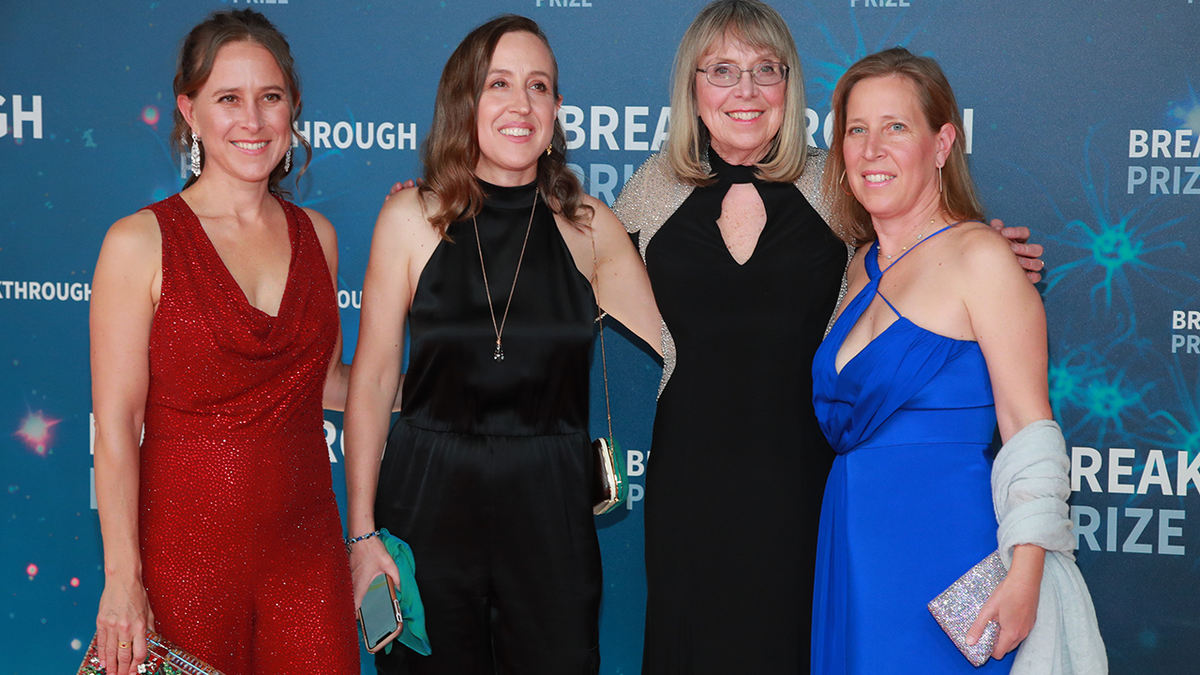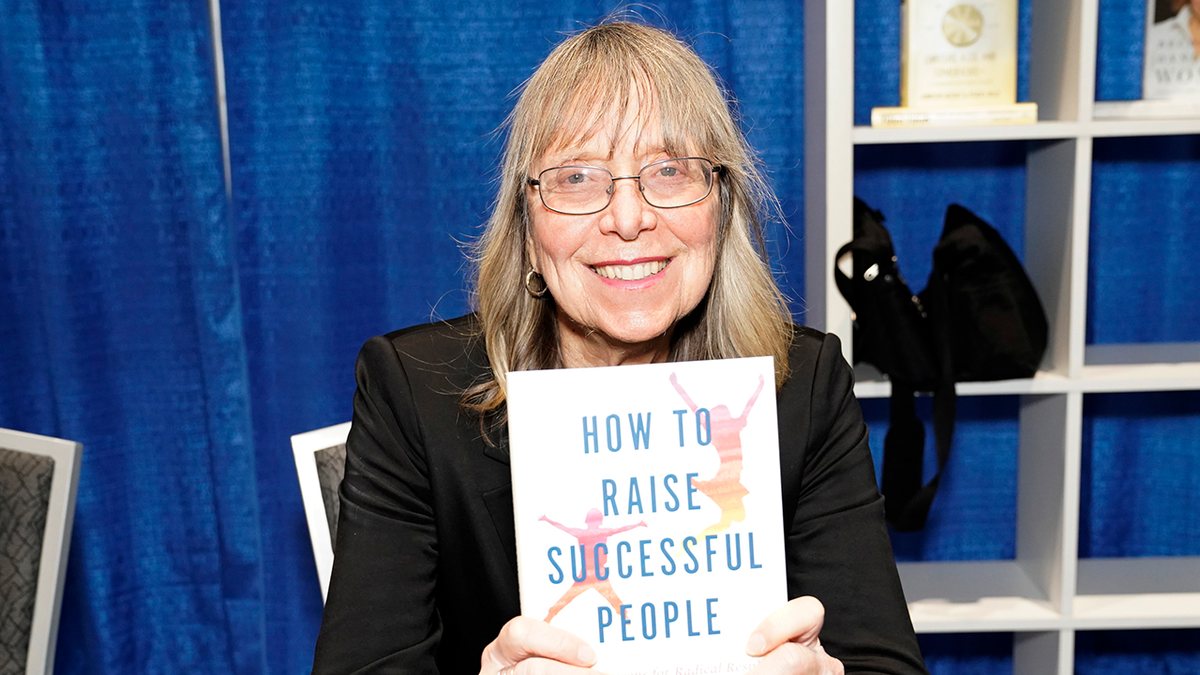Experts reveal the formula to raising highly successful children
New book unveils formula to raising smart, successful kids
A best-selling author and educator shared in a recent op-ed the "unpopular" parenting rule she used to raise three successful daughters who grew up to become CEOs and a doctor.
"Don't do anything for your kids that they can do for themselves," Esther Wojcicki wrote in a CNBC essay Saturday, calling it the number 1 rule she followed out of the "many unpopular parenting rules" she used as a mother.
Wojcicki pointed to that rule when explaining how her three daughters grew up to become a doctor, the CEO of YouTube, and the CEO of 23andMe.
"The more you trust your children to do things on their own, the more empowered they'll be. The key is to begin with guided practice: It's the ‘I do, we do, you do’ method," she wrote in the piece published Saturday.
8 ROLES EVERY ‘MASTER PARENT’ SHOULD PLAY TO RAISE HIGHLY SUCCESSFUL CHILDREN

MOUNTAIN VIEW, CALIFORNIA - NOVEMBER 03: (L-R) Anne Wojcicki, Janet Wojcicki, Esther Wojcicki and Susan Wojcicki attend the 2020 Breakthrough Prize Red Carpet at NASA Ames Research Center on November 03, 2019 in Mountain View, California. (Photo by Tim Mosenfelder/Getty Images for Breakthrough Prize) (Tim Mosenfelder/Getty Images for Breakthrough Prize)
Wojcicki, 81, is the best-selling author of the book "How to Raise Successful People," as well as a journalist and teacher who founded various education programs, including one of the largest journalism programs in the country located at Palo Alto High School in California, according to a biography on her website.
Wojcicki listed various ways parents can "stop coddling their kids" and make them be responsible for themselves, including having them set their own alarm; giving them tasks to help with meals; letting them pick their own outfits; prepping their own backpacks for school.
CALIFORNIA PARENTS OF 12 KIDS REVEAL MEMORABLE BACK-TO-SCHOOL 'READY-SET-GO' TIPS

SAN JOSE, CALIFORNIA - FEBRUARY 12: Esther Wojcicki presents her book, "How to Raise Successful People: Simple Lessons for Radical Results" during Watermark Conference For Women 2020 at San Jose Convention Center on February 12, 2020 in San Jose, California. (Photo by Marla Aufmuth/Getty Images for Watermark Conference for Women ) (Marla Aufmuth/Getty Images for Watermark Conference for Women)
"Chores are especially important. Washing dishes was a big one in our house. All my daughters stood on a little stool at the sink and washed the dishes after dinner," she added.
Wojcicki noted in her essay that "kids are smarter than you think" and that parents shouldn't "worry about perfection." She noted, for example, that her daughters were required to make their own beds as children, but even though a "bed made by a kid can look like she's still asleep in it," she was a happy mom "as long as they did it."
KIDS THRIVE WITH 'SITTERVISING' INSTEAD OF CONSTANT PARENTAL INVOLVEMENT, EXPERTS SAY
"Mastery means doing something as many times as it takes to get it right. Being a writing teacher taught me this. In the 80s and 90s, one of the supposed characteristics of a good teacher was that your class was so hard that many students failed," she wrote.

A teacher calls on students with their hands raised. (iStock)
"But the kids who got a D on their first paper found it impossible to recover and lost the motivation to improve, since they were starting out so far behind," she wrote.
Wojcicki continued that when a student would receive a failing grade for their first paper, she would give them as many opportunities as they wanted to improve their work. She would grade them on the final product and reward students for "learning and the hard work" and "not getting it right the first time."
CLICK HERE TO GET THE FOX NEWS APP
"The idea is to teach them how to cope with what life throws at them. One of the most important lessons I taught my daughters is that the only thing you can control is how you react to things," she wrote.

